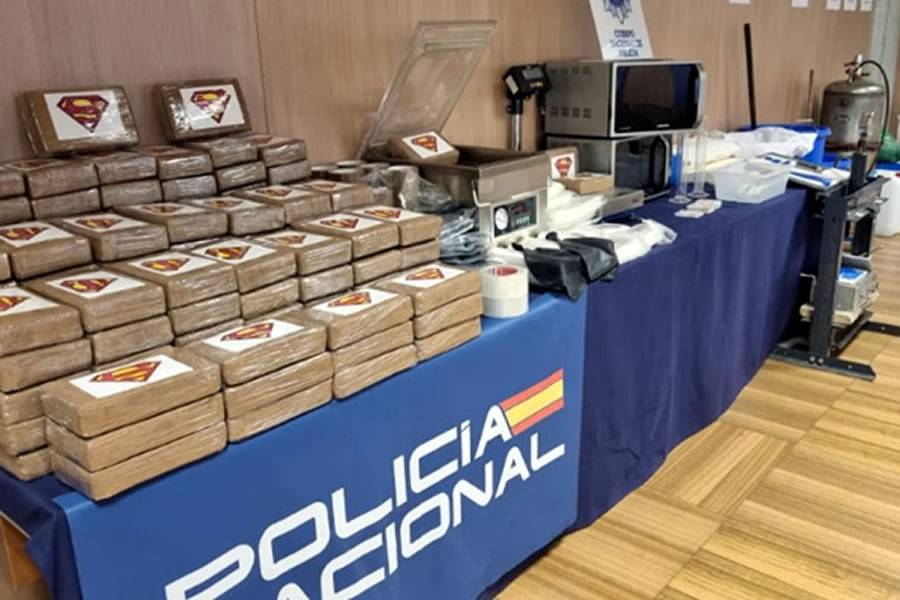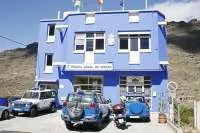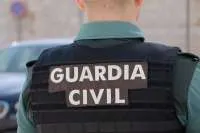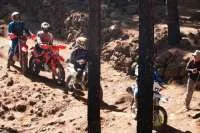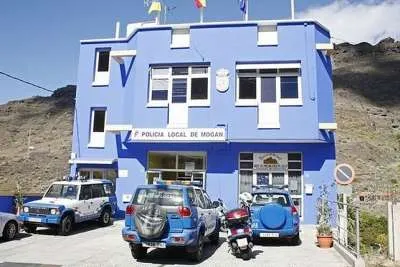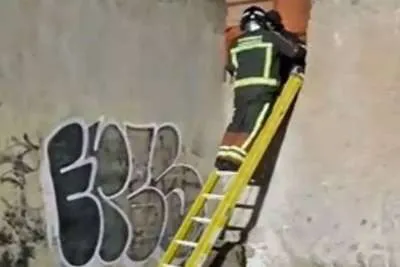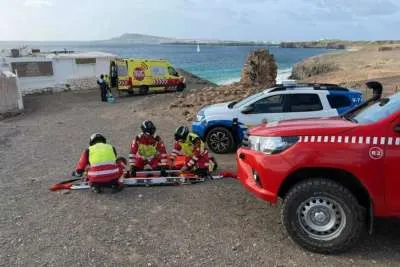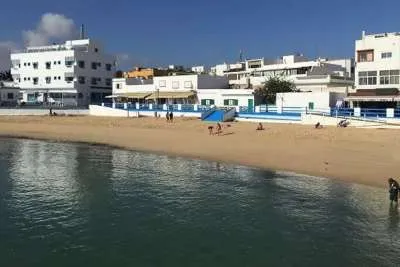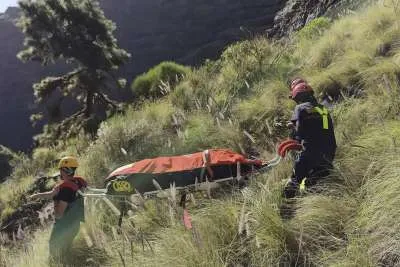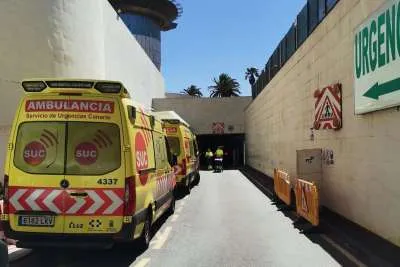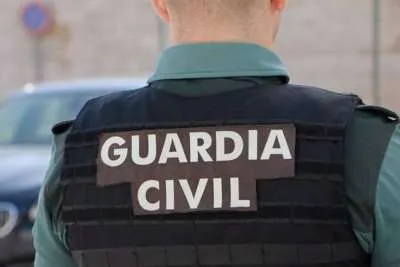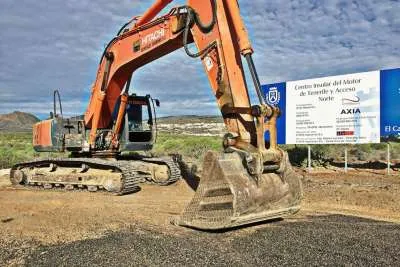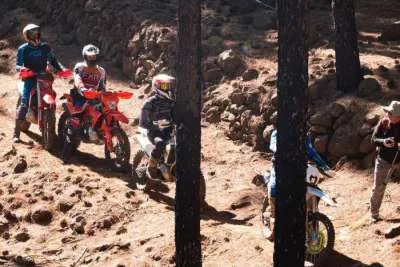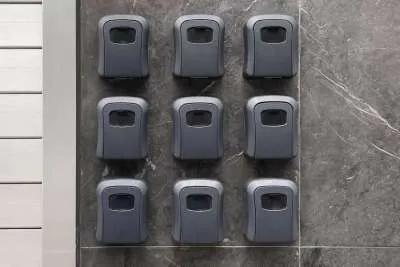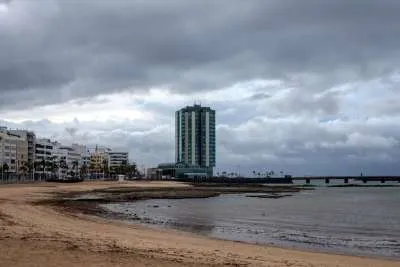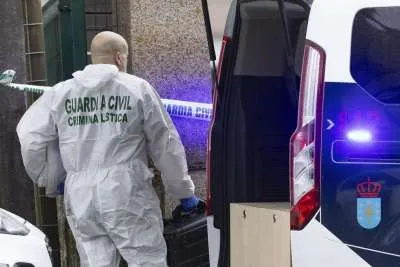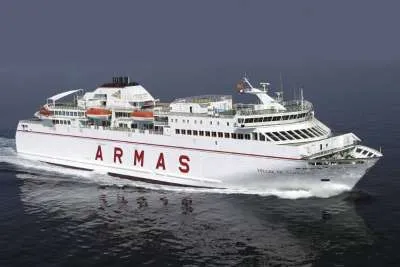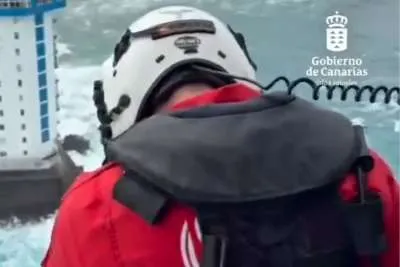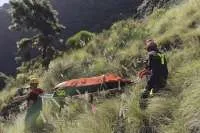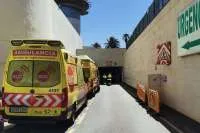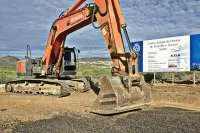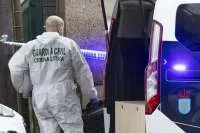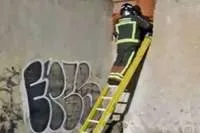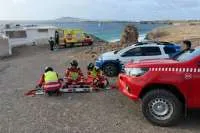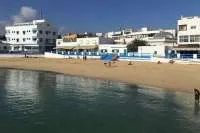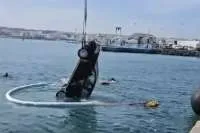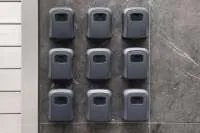Port worker on sick leave sets up Europe’s largest cocaine lab in Spain
- 11-07-2023
- Gran Canaria
- National Police
- Photo Credit: Policia Nacional / NIUS
The National Police have uncovered the largest cocaine laboratory in Europe which was set up and being run by a man on disability benefits in Spain. Investigators had suspected for at least a month that El Rubio and his partner from the Canary Islands were up to something strange, as they made long road trips and were observed loading large quantities of chemical products onto lorries going from Madrid to Galicia.
Police knew that whatever he was up to, it must be illegal. El Rubio had been granted ‘absolute incapacity’ by doctors and had been receiving benefits from public funds. His alleged inability to do any work due to health problems has not stopped him from leading the formation of the largest cocaine laboratory in Europe, discovered in Cotobade near Pontevedra in Galicia.
The investigation began in September 2022 when anti-drug experts in Las Palmas (Gran Canaria), were alerted to the unusual trips of a suspected drug trafficker nicknamed El Flaco and one of his associates.
Officers suspected that rather than smuggling the finished product, they were instead bringing dissolved cocaine base into Europe hidden in bags of fertiliser, and were then ‘cooking’ it on Spanish soil for distribution.
In order to do this they would need a large laboratory somewhere in Spain. The investigation was passed over to the Anti-Drug Prosecutor’s Office, which transferred the case to the Audiencia Nacional in October last year.
They secretly followed the two alleged drug traffickers and quickly verified the presence of a third suspect. They located the alleged trafficker, who was on sick leave from work, in a hotel in Madrid, nicknamed El Rubio, but who is also known as El Toba.
According to police reports, this man was the father-in-law of one of the most historic drug traffickers in the Canary Islands, El Nene. El Rubio, born in December 1975, also had contacts in the port of Las Palmas. In fact, his last known employment before receiving ‘absolute incapacity’ was with a cargo company based on the island.
Secret cocaine laboratory.
The case was then handed to the 32nd Group of the Drugs and Organised Crime Unit (UDYCO) a team specialising in the investigation of clandestine laboratories on Spanish soil. They began surveillance, which included the tapping of six telephones, identified several suspicious vehicles, and monitored what was going on inside an industrial warehouse in Pontevedra.

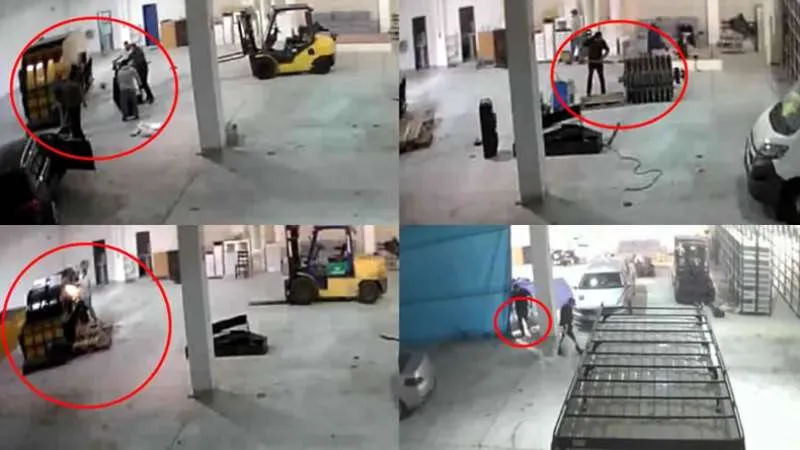
Investigations led them to Colmenar Viejo, which is where they recorded Rubio and his collaborators loading 12 half-tonne pallets onto the lorry, despite being on sick leave. Also in the building were two large tanks with a capacity of 1,000 litres each. Links were also discovered to a well-known Colombian drug trafficker, nicknamed El Coletas. Police then began to realise the scale of the operation.
Then, in November 2022, investigators detected the arrival of a diesel generator at the Pontevedra villa. This was a determining factor, since clandestine laboratories “cannot operate with the electrical power normally contracted for home use.”
UDYCO officers also detected a new alliance between the organisation, this time with Mexican cooks, who would be in charge of keeping the laboratory running 24 hours a day when it was operational, with the capacity to process 200 kilos of cocaine paste a day, a quantity never seen before on European soil.

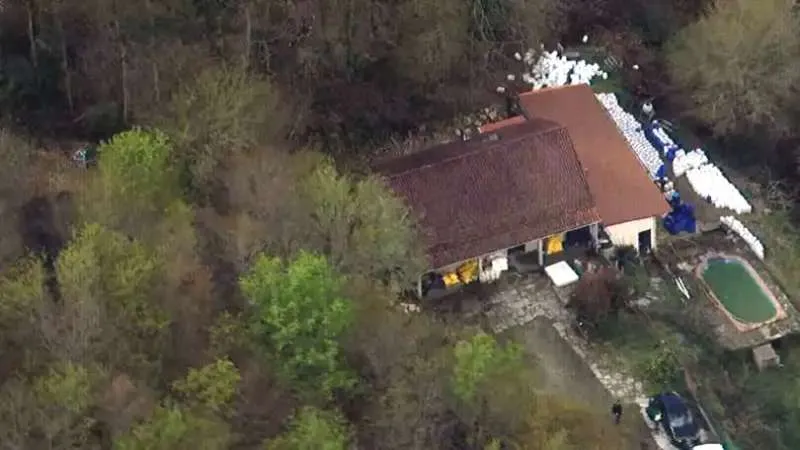
Further developments included the arrival of a container from Colombia. The shipment had been stopped in the Portuguese port of Leixoes, Porto, and had a stone crushing machine inside, supposedly destined for a quarry.
Later, police gathered video evidence of the drug traffickers dismantling the machine to remove the drugs it contained, which were hidden in large white bags. They also recorded conversations in which the alleged leaders of the operation spoke openly about how the drugs had been hidden.
Arrests and drugs seized.
The police operation led to the arrest of 18 people and 14 searches, including the clandestine laboratory set up in a villa in Pontevedra. In the warehouse in Mourente, they found a tonne of cocaine in base paste, of which 350 kilos were still hidden in one of the rollers and another 750 kilos were kept in white sacks.
In the hidden laboratory, officers seized 51 kilos of cocaine hydrochloride ready for distribution, 100 kilos of cocaine base paste, and approximately 20,000 litres of precursors and chemicals. In addition, the officers seized another 100 kilos of drugs in a courier van used by the drug traffickers to make undetected deliveries.
Other articles that may interest you...
Trending
Most Read Articles
Featured Videos
TributoFest: Michael Buble promo 14.02.2026
- 30-01-2026
TEAs 2025 Highlights
- 17-11-2025


